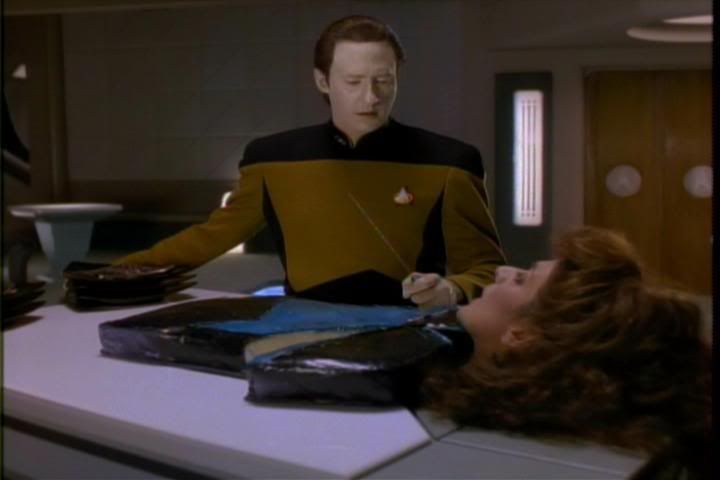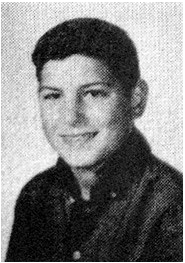Note: An older article, here republished.
"He said unto them, He that has ears to hear, let him hear." (Mark 4:9)
"He said unto them, He that has ears to hear, let him hear." (Mark 4:9)
This being my New Year's Eve post, I find myself in a reflective mood. That's to be expected, of course. That I'm writing this at an exceedingly precious moment requires a bit of an explanation.
It's the evening of December 16, 2011, the 118th anniversary of the premiere of Dvorak's New World Symphony. I am listening to it in its entirety with my daughter who, at 9 months old (in two days time), isn't particularly listening to it. (She does look up at the TV from time to time, where the screensaver is showing animal pictures, to her delight.) The point, though, is that she's hearing it. There's always been something hypnotic in the New World Symphony, something which has spoken deeply to me since I first heard it in high school. The Wikipedia article on the symphony references Dvorak's desire to imbue his music with Native American and African-American influences. To my moderately-tuned ears, I don't hear that--I hear a great deal, though.
I'll pause for a moment to say that I'm no audiophile. I played saxophone in middle school and high school, and I also partook in high school chorus. I never particularly practiced and could only be considered above average in that I was in the upper 50%, but rarely in the top 10.
Yet art--great art--speaks to its audience. The first movement speaks of something terrible and wonderful, as one might view a new city from afar. It is big, bold, organized, mechanic, its sounds looking towards venturesome progress with a vague wonder of what's been left behind. In the second movement of the symphony, it might not be Native Americans, but I do hear trees and grass and pristine nature. The third movement is an optimistic progression, with settlers in bonnets, the happy clanking of iron and steel making swords, railroads, and again the quiet look backwards to something hauntingly lost. Or left behind. It turns genteel, with hoop skirts and braided-hair women, and mustachioed gentlemen. The fourth movement is strong and affirming, a spinning glisten with gold, happiness and pride. It says, "Some did fall on good ground. Be proud of this land; use care. Be proud of its people; use care. Be proud of yourself... use care."
That is the best I can describe it. It's like talking about the color orange. Calling it "not red" and "brighter than blue" doesn't really give a definition to the thing. It's the same thing with the 9th (the piece being alternatively called Dvorak's 9th Symphony): I've described it is as I've described it. No musicology, no glance over Dvorak's intent. Just the laser-like beam between the music and my soul.
A year and a half ago, before my wife and I started our family, I was able to see the 9th performed by the New Jersey Symphony. We were in the first few rows (which, I admit, isn't where real hob-nobs sit, as it's too close. Oh well.), and it was heavenly. Not only was it one of the first concerts conducted by new music director Jacques Lacombe, but it was joyfully different from the well-worn copy I have on my iPod. (Well, as well-worn as digital copies get....) Not very different, mind you, but to hear it performed organically, to see it conducted with nuance and feeling and no concern for the length of a CD... it was heaven. It also was the only time I've ever heard music with a sense that I can only describe as "out of time." When Lacombe lowered his hands for the final time at the end of the fourth movement, it felt as though less than twenty minutes had gone by, when close to fifty had transpired. It may not have transformed me, but it most certainly did transport me.
And, as the symphony enters its final minutes as I type, I cannot help but look to my daughter. This year has brought her, my very own new world. She has, I suppose, origins in places across seas and oceans, but, like Dvorak's masterpiece, is here to make her future in this new world.
Some did fall on good ground.
 |
| It's been quite a year. |























